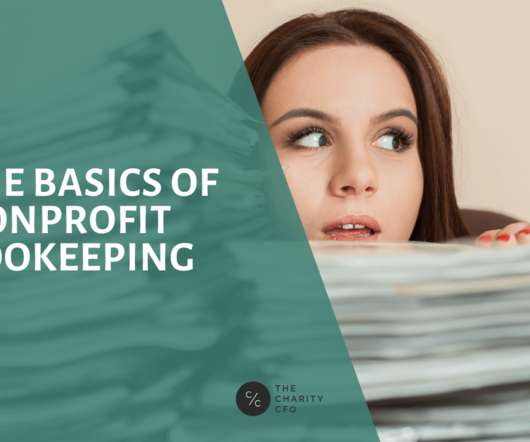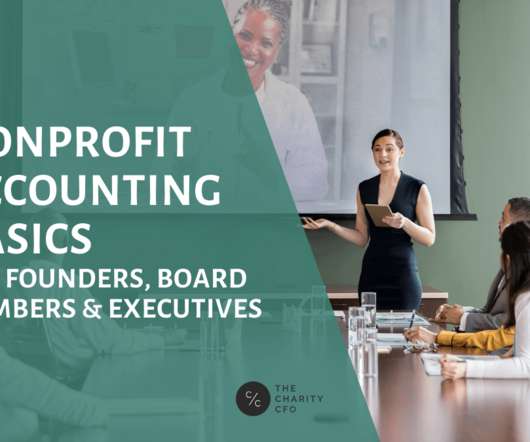Capitalising on the Fintech apps in APAC
Future CFO
AUGUST 1, 2023
FutureCFO spoke to Deka to dig deeper into the topic: Which features/capabilities in financial applications are most in demand by mid-size enterprises? However, the demand for features/capabilities of financial applications can differ based on their company size, maturity, and business needs and goals.





















Let's personalize your content